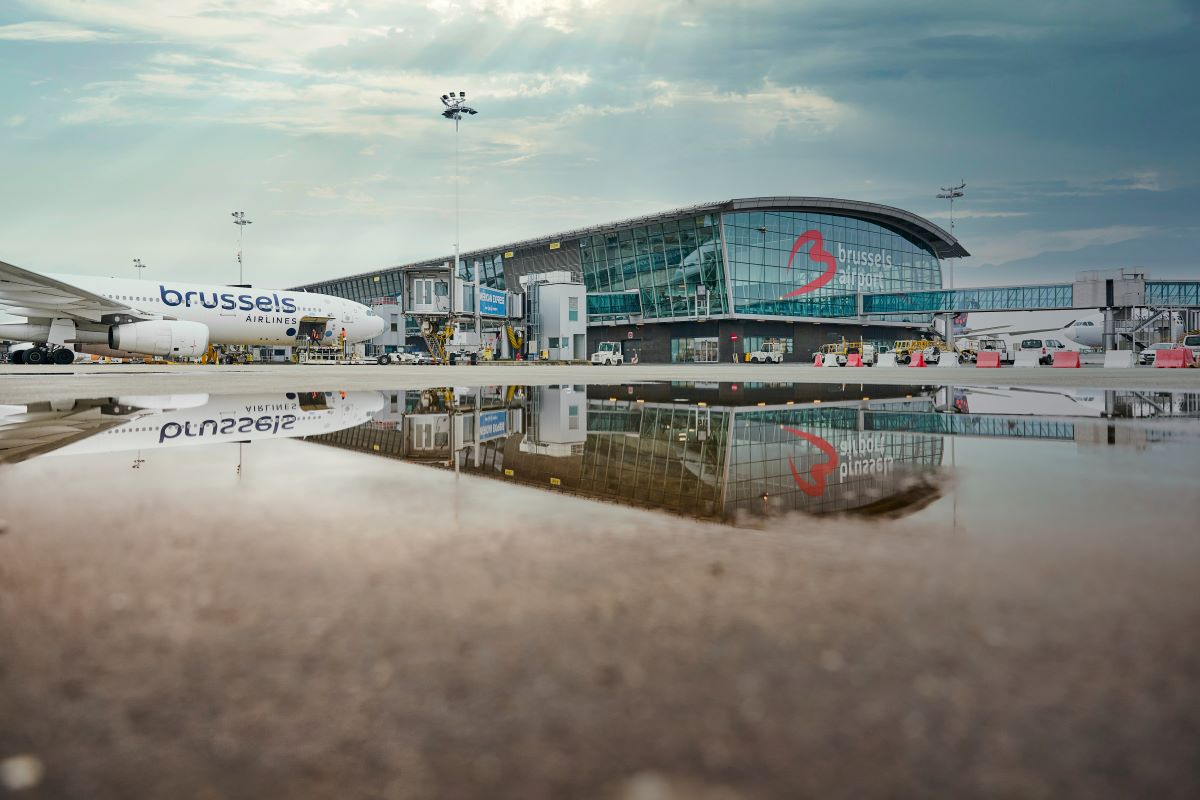
Brussels Airport’s impact: 64,000 jobs and €5.4 billion added value

According to a new study commissioned by the airport, Brussels Airport provides more than 64,000 jobs and contributes 5. 4 billion euros to the Belgian economy /Brussels Airport
Brussels Airport accounts for 5.41 billion in added value and more than 64,000 jobs. According to a study on the economic impact commissione


Comments
Ready to join the conversation?
You must be an active subscriber to leave a comment.
Subscribe Today